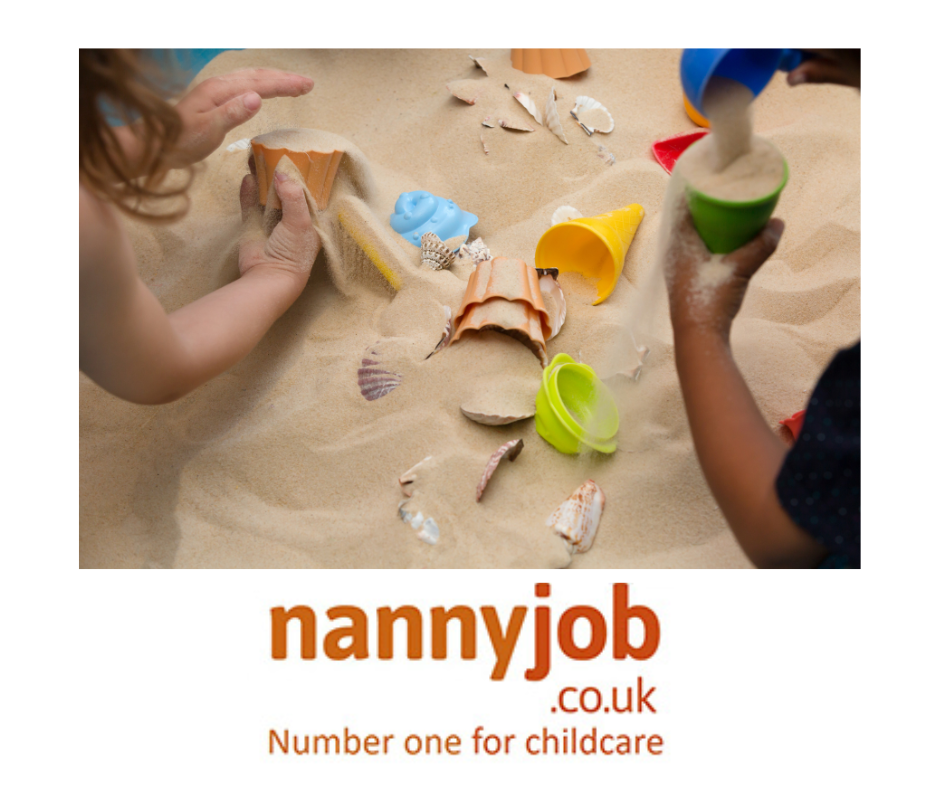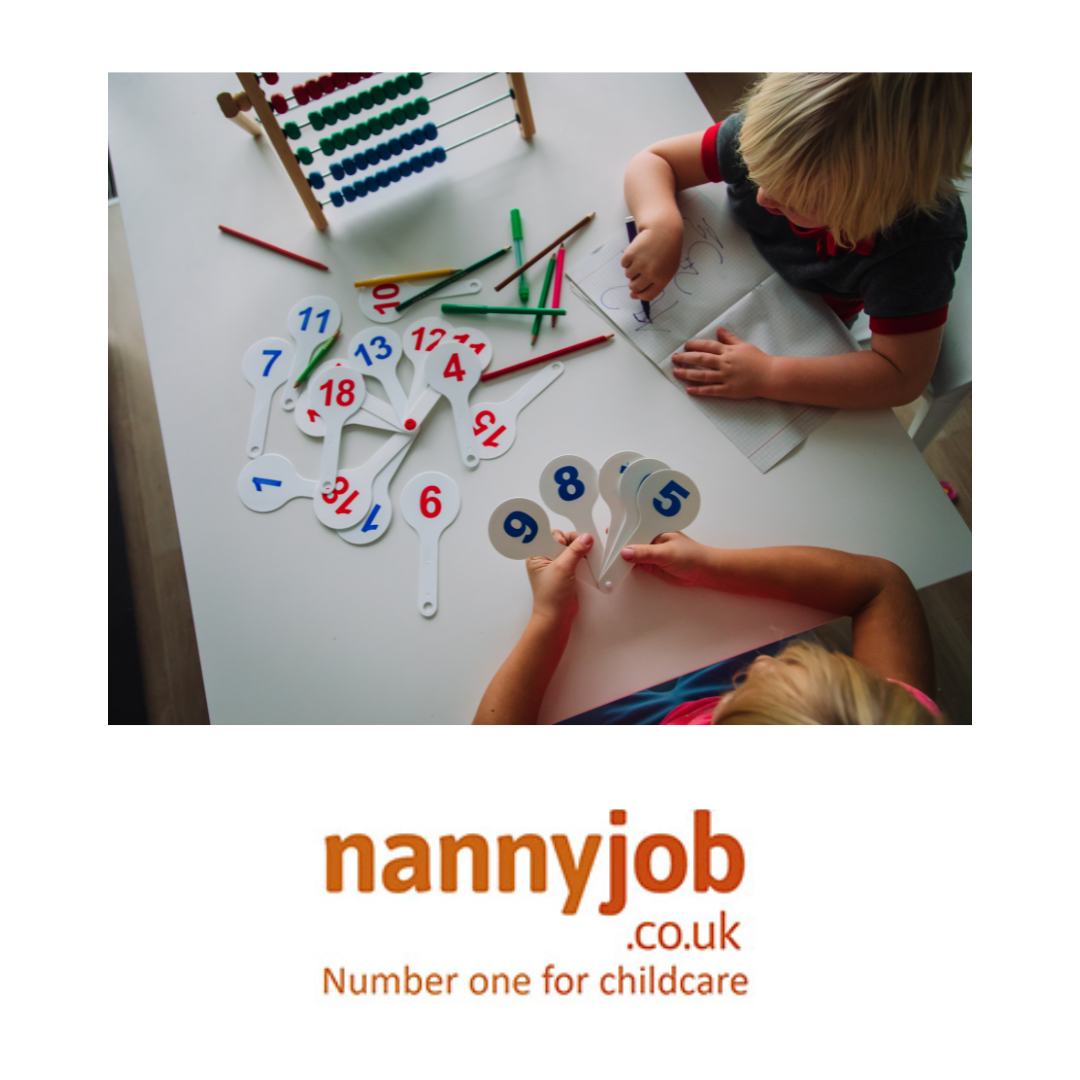In the vast, wonderful world of childhood, play reigns supreme. The laughter, the games, the limitless imagination – it’s the stuff that forms the essence of a carefree childhood. But, did you know that playtime is far more than just fun and games? It serves as a critical component of childhood development, playing an indispensable role in shaping a child’s cognitive, physical, social, and emotional well-being.
In the vast, wonderful world of childhood, play reigns supreme. The laughter, the games, the limitless imagination – it’s the stuff that forms the essence of a carefree childhood. But, did you know that playtime is far more than just fun and games? It serves as a critical component of childhood development, playing an indispensable role in shaping a child’s cognitive, physical, social, and emotional well-being.
The Science of Play
The very act of playing is how children interact with and learn about the world around them. Play helps children to build essential skills that serve them well throughout their lives. They explore, they imagine, they create, and through this process, they learn. Play, in essence, is the work of childhood, and through it, children are continually learning and growing.
Cognitive Development
During play, children learn to make sense of the world around them. They develop problem-solving skills, enhance their creativity and imagination, and foster critical thinking. By stacking blocks, for example, they learn about shapes, balance, and gravity. When they engage in imaginative play as pirates, princesses, or superheroes, they exercise their creativity and storytelling abilities.
Physical Development
Play is fundamental in helping children develop their fine and gross motor skills. Running, jumping, and climbing can enhance their strength, flexibility, and overall physical health. Fine motor skills are sharpened when they manipulate toys or engage in arts and crafts. Play also builds coordination and helps children understand their bodies and the physical world around them.
Social and Emotional Development
Play often involves other children or adults, and through these interactions, children learn important social skills like cooperation, sharing, and resolving conflicts. They also learn to express their emotions and understand those of others. When children play ‘pretend’, they often enact different roles and situations, helping them to empathize with different perspectives and broaden their emotional understanding.
The Power of Guided Play
While children can learn a great deal from independent play, guided play, where an adult participates or directs play in an educational way, can further enrich a child’s learning. Adults can challenge children with questions, provide new scenarios for imaginative play, and help children navigate social interactions. They can also introduce new vocabulary and concepts that enhance a child’s learning experience.
Promoting Play
As parents, nannies, or child carers, it’s essential to provide children with ample opportunities for play. This includes a mix of independent and guided play, indoor and outdoor activities, and access to a variety of toys and materials. Remember to create a safe and supportive environment that encourages creativity, imagination, and learning.
In conclusion, play is far more than a pastime. It’s a fundamental part of childhood development and learning. It’s an adventure, a discovery, a creative endeavour, a challenge, and above all, it’s an enormous amount of fun. So, let’s cherish and promote the beautiful world of play, because it truly is the work of childhood.
So, whether your child is sailing the high seas as a fearless pirate or constructing an elaborate castle out of colourful blocks, remember, they are not just playing, they’re learning. After all, in the mind of a child, the entire world is a classroom waiting to be discovered.










